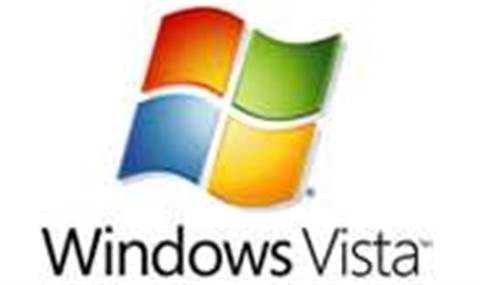Sure they're so large they can afford to carry a few pirates, but if they do nothing at all to dissuade the freeloaders then eventually there'll be no revenue at all, and no more Windows.
That might suit the open source brigade but it would make about 85 percent of PC users decidedly nervous while the rest cheer on the sidelines. But letting users get commercial software for free isn't going to help software developers earn a living.
Despite the oodles of goodies available from the open source vaults most users like to stick with the familiar and that still means Windows to most of them, and they don't really think about the price of it separately, since they usually get it with their PC or laptop.
By the time their computer is getting croaky, they usually just buy a new one and surprise, surprise there's a new copy of the latest Windows software in the box, or if not, it's offered at a massive discount to the official retail price. And nobody pays retail in the software world. But that's still a better revenue stream than the pirates offer.
It's always a stretch when asked to believe how many gazillions of dollars in revenue is lost by piracy, since it's impossible to know how many users would still acquire the software if they were forced to pay for it.
But, when it comes to the operating system, the computer is kinda useless without it, so it's a bit easier to believe the vendors'claims about the level of piracy going on in that category.
Interestingly, despite Apple splitting their once-upon-a-time free forever operating system from the hardware, that company still doesn't make much effort to stop users sharing their latest upgrade with friends.
No doubt you can afford this approach while safe in the knowledge that they had to buy your hardware anyway.
Perhaps this modus operandi could be translated into the world of Windows. If Microsoft could make the hardware vendors responsible for installing and paying for a legitimate copy of the operating system, then they'd be sure they weren't missing any initial revenue, and could go back to harping about the losses on the upgrades.
Oh wait, we've been there before and the US courts in their wisdom shutdown that scheme with claims of anti-competitive behaviour. Hmm. But it's okay when Apple does the same. Hmm. Maybe Apple had better restrict sales so it never gets more than 50 percent market share.
Opinion: Genuine advantage
By
Ian Yates
on Aug 29, 2008 10:00AM

Got a news tip for our journalists? Share it with us anonymously here.
Tags:
software
Partner Content
_(21).jpg&h=142&w=230&c=1&s=1)
Empowering Sustainability: Schneider Electric's Dedication to Powering Customer Success

How Expert Support Can Help Partners and SMBs Realize the Full Value of AI

Beyond the box: How Crayon Is Redefining Distribution for the Next Era
_(27).jpg&h=142&w=230&c=1&s=1)
Promoted Content
Why Renew IT Is Different: Where Science, AI and Sustainability Redefine IT Asset Disposition

Think Technology Australia deliver massive ROI to a Toyota dealership through SharePoint-powered, automated document management







.jpg&w=100&c=1&s=0)








_(1).jpg&q=95&h=298&w=480&c=1&s=1)


